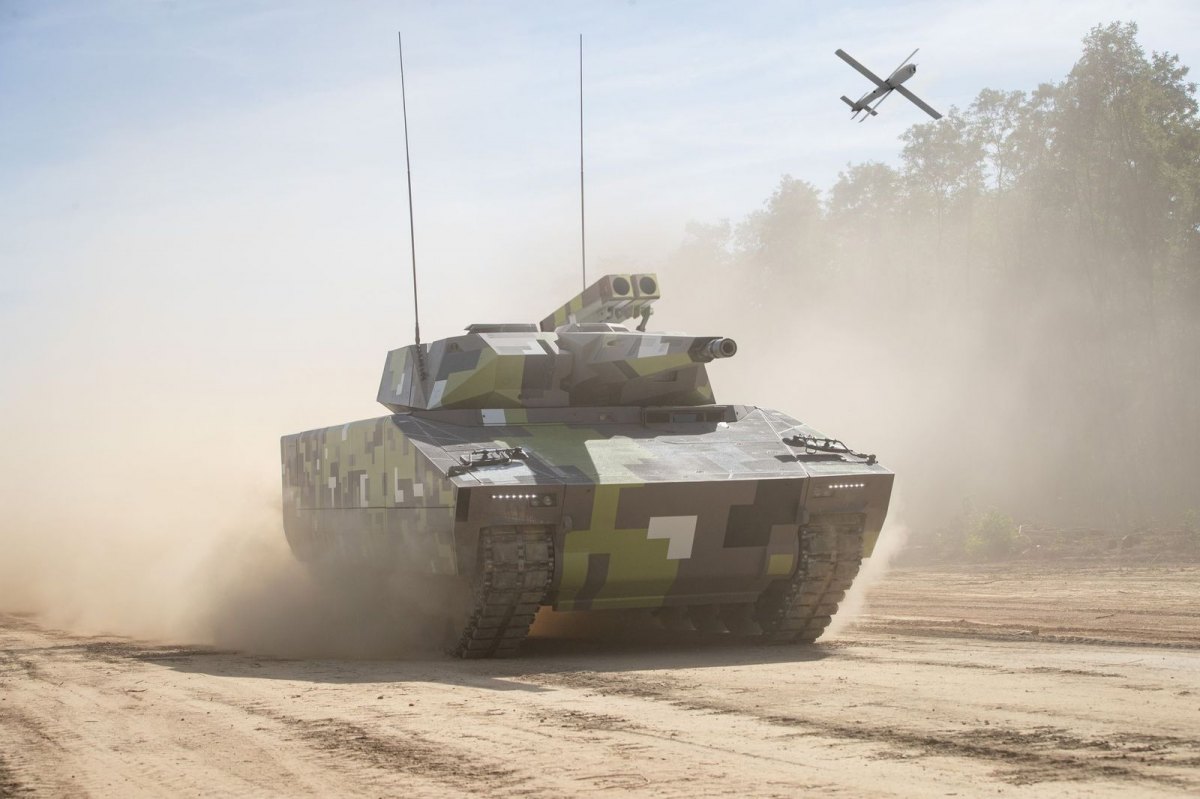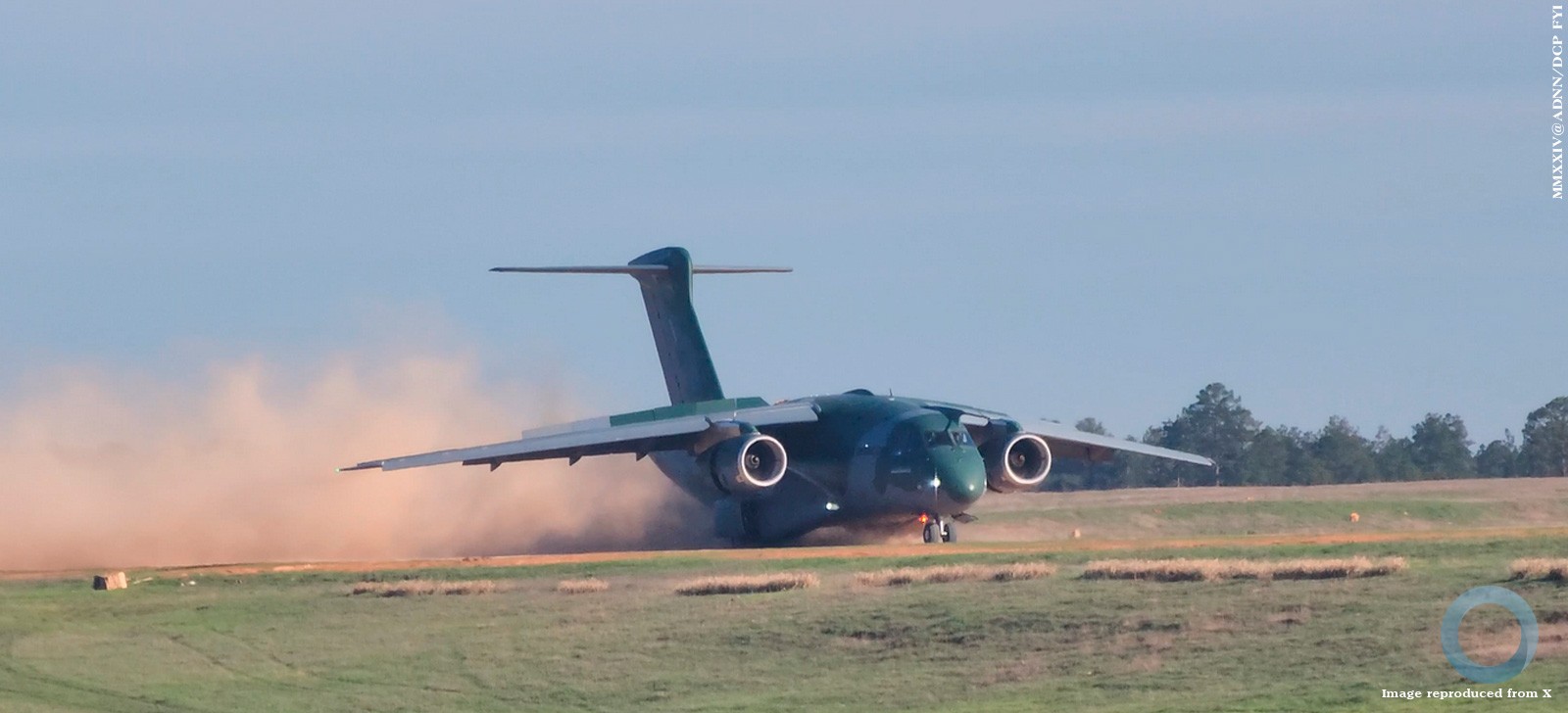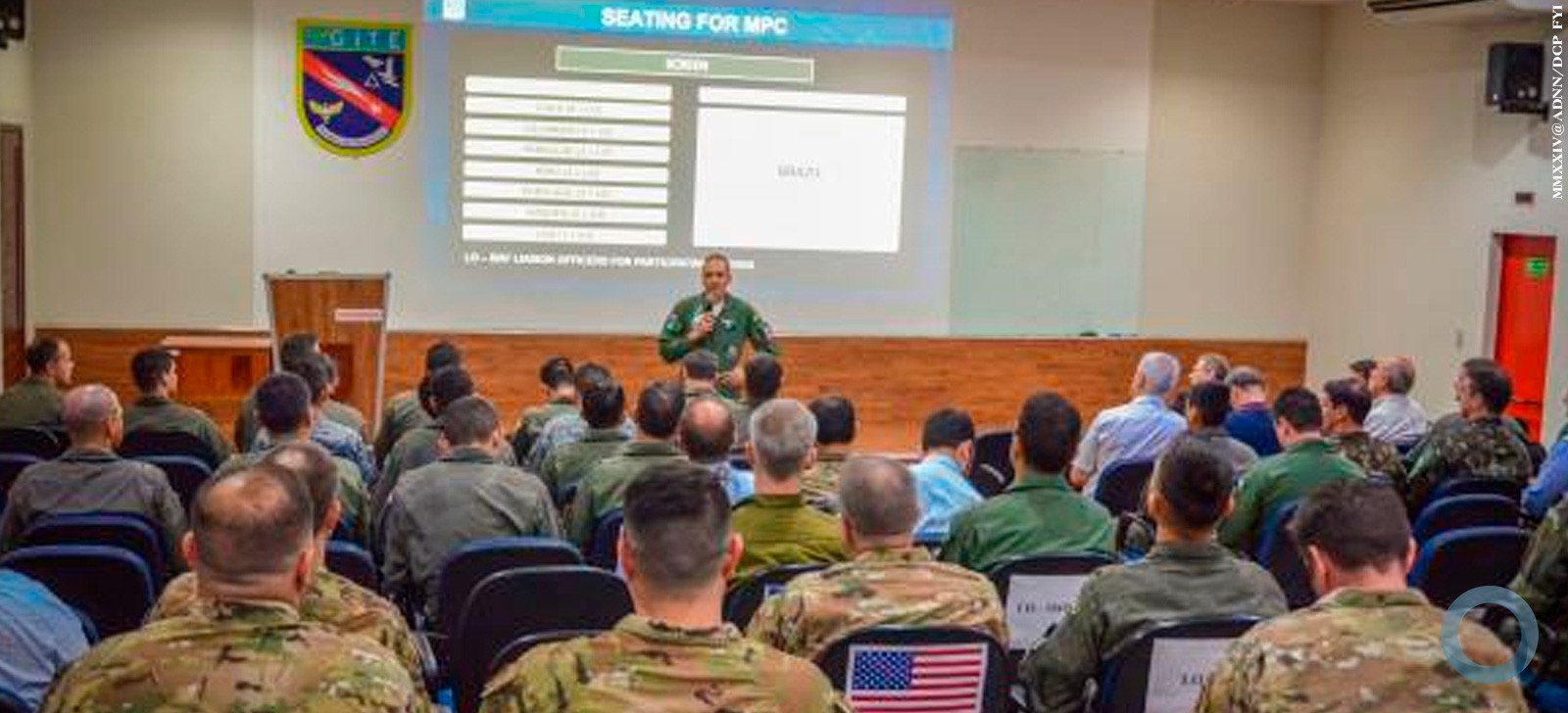The continued presence of dozens of U.S. nuclear weapons at Incirlik Air Base in Turkey raises serious risks of their seizure by terrorists and other hostile forces, a new report by the nonpartisan Stimson Center finds. The report titled B61 Life Extension Program: Costs and Policy Considerations, found that it was an “unanswerable question,” whether the U.S. could have maintained control of the approximately 50 B61 nuclear weapons based at Incirlik during a protracted civil conflict in Turkey.
During the failed July 15 coup attempt, power to Incirlik Air Base was cut off and the Turkish government prohibited U.S. aircraft from flying in or out. Eventually, the Incirlik base commander was arrested and implicated in the coup plot. The report’s findings come exactly one month after the failed coup attempt and on the heels of a milestone earlier this month authorizing the production and engineering phase of the B61 Life Extension Program.
“From a security point of view, it’s a roll of the dice to continue to have approximately 50 of America’s nuclear weapons stationed at Incirlik Air Base in Turkey, just 70 miles from the Syrian border,” said report co-author Laicie Heeley, a fellow with the Budgeting for Foreign Affairs and Defense program at the Stimson Center. “These weapons have zero utility on the European battlefield and today are more of a liability than asset to our NATO allies.”
Over the next 30 years, the U.S. will spend an estimated $1 trillion to modernize the nuclear triad — which includes the B61 Service Life Extension Program. The National Nuclear Security Administration plans to extend the service lives of an estimated 480 of the approximately 800 total B61 bombs at a projected total cost of more than $8 billion. The United States first deployed tactical nuclear bombs in Europe during the Cold War in the late 1950s and early 1960s, to offset a buildup of Soviet tank armies deployed in Eastern Europe. Although most U.S. tactical weapons were withdrawn from Europe during the early 1990s, 180 of the tactical versions of the B61s remain at six bases in Europe — in Belgium, Italy, Germany, the Netherlands, and Turkey.
The report recommends the immediate removal of all B61 nuclear weapons from Europe and cancelling the procurement of B61s that would be stored in Europe. Doing so, the report finds, would create savings of more than $6 billion over the lifetime of the program, and free up additional military assets that could be used to bolster U.S. conventional forces.
“These bombs are ill-suited for modern warfare and incredibly costly,” said report co-author Barry Blechman, co-founder of the Stimson Center. “The smart move would be to remove these weapons from Europe and double down to strengthen conventional forces that actually protect our NATO allies.”
Source: Stimson Center
































